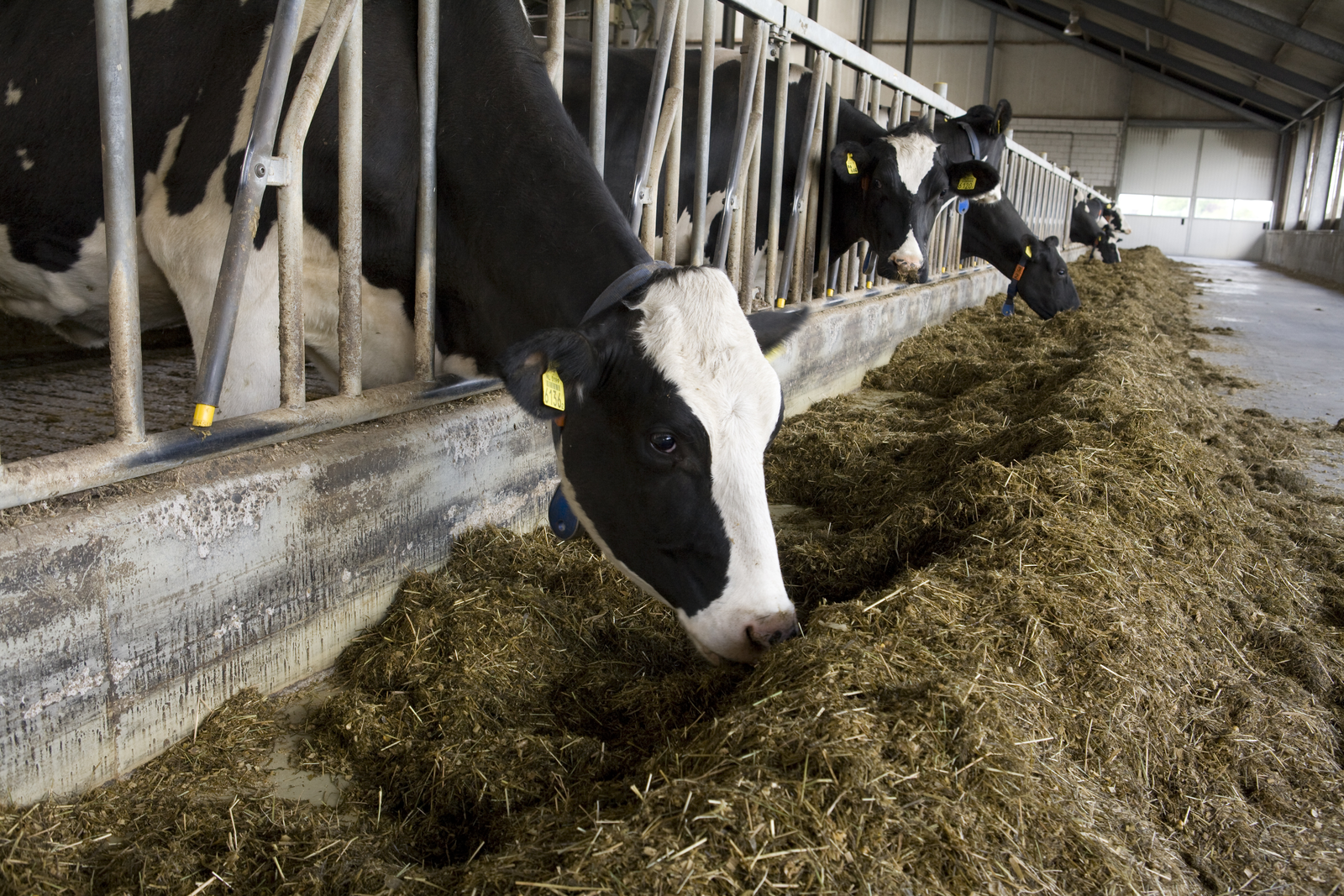Study: Feeding wheat to cattle without causing acidosis

Wheat tends to ferment quickly in the rumen more so than corn or barley. This increases the risk of ruminal acidosis, however researchers at from Lethbridge Research Centre have concluded that wheat can be fed at more than 50 percent of dietary dry matter without an adverse impact.
A research teamconducted a metabolism trial using fistulated beef heifers to determine whether different types of wheat grain could be fed as an alternative energy source. The research looked at whether soft wheat versus hard wheat might ferment at different rates and, therefore, have different values for feeding beef cattle. They also evaluated the effect of feeding more monensin (an ionophore used to improve feed efficiency and prevent or control coccidiosis) than the current practice.
While wheat can be fed at more than 50 percent of dietary dry matter, beef producers need to pay attention to grain processing to ensure that ruminal starch digestion is not too fast. This could result in subclinical ruminal acidosis or adversely impact animal health and growth performance.
The researchers also found that increasing monensin supplementation decreased feed consumption and increased propionate in the ruminal fermentation pattern. Greater monensin feeding suggests a potential for improving feed efficiency.
A paper on the research was published in the November 2014 issue of the Journal of Animal Science.











